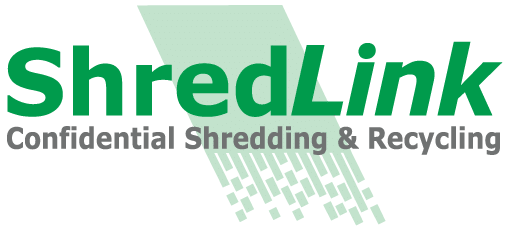
Bite-Sized Tax Wisdom
Nowadays, we all have our idiosyncratic methods for storing tax documents. Some opt for meticulous filing cabinets, while others prefer the chaotic charm of boxes or closets. But as tax season wanes, the question arises: what should we do with these relics of financial history? The answer lies in secure disposal, shielding our sensitive information from prying eyes, especially those of identity thieves.
Immediate Shredding Candidates
After you complete your tax returns, it’s a good time to bid farewell to certain documents, including:
- Bank statements
- Draft copies of tax returns
- Canceled checks older than one year
- Expired tax returns
These papers, once vital, now pose a risk if left languishing in drawers or boxes. However, mere disposal isn’t sufficient; thorough destruction is imperative. While you could entertain the idea of a DIY shredding spree, the better bet is to enlist the services of a professional shredding company. Why? Well, personal shredders often lack the finesse to render documents indecipherable, leaving you vulnerable to information leaks. The industrial shredding machines used by professional shredding companies ensure that your documents are quickly shredded beyond recognition, regardless of quantity, providing you with peace of mind in an age of digital espionage.
Documents for Deferred Destruction
Despite bidding adieu to your tax returns, certain documents warrant a longer stay in your archives. The IRS advises retaining records for:
- Three years from filing or two years from tax payment (whichever is later) for credit or refund claims.
- Seven years for securities or bad debt deductions.
But before consigning them to the shredder, consider other stakeholders. Creditors or insurers may require lengthier retention periods, so a quick consultation with them is prudent.
Why Partner with a Shredding Company?
You might balk at the thought of outsourcing shredding, citing cost concerns. However, consider the alternative expenses.
1. Tax Theft
Identity theft runs rampant, with criminals pilfering personal information from discarded documents to file fraudulent tax returns, costing billions annually. Professional shredding mitigates this risk.
2. Cost of Destruction
DIY shredding entails purchasing and maintaining a shredder capable of rendering documents unreadable—a costly endeavor compared to professional services.
3. Proof of Destruction
A professional shredding company should be able to provide you with a Certificate of Destruction after each shredding service, giving you proof of legal compliance when shredding business documents. No matter how secure your DIY shredding process, you cannot issue your own Certificate of Destruction.
4. Recycling Benefits
Most recycling programs shun shredded paper, relegating it to the landfill because its shreds are too small to be processed in the curbside recycling stream. Professional shredding companies not only destroy documents securely but also recycle the materials they shred, contributing to a more sustainable planet.
In essence, the benefits of professional shredding far outweigh the costs.
ShredLink stands ready with industrial-grade shredders to securely destroy your tax documents. Whether it’s one-time purge shredding or routine drop-off shredding, we’ve got you covered this tax season. Contact us at 504-885-0186 or complete the form on this page to learn more.
Request A Quote
"*" indicates required fields
Popular Posts
View Our Service Areas
ShredLink serves Southeast Louisiana and surrouding areas. Visit our Service Area’s page to verify we service your location.






